DUBAI: All Syrian racecar driver Bushra Nasr knew, as she drove her beloved car far into the Abu Dhabi desert, was that she would be taking part in a race. She knew there would be cameras, and that whatever happened there might end up airing somewhere in the region.
It wasn’t until later that Nasr, along with the nine other racers from across the region that had gathered there on an abandoned airstrip, learned they were secretly participating in Netflix’s first Arabic-language unscripted reality series entitled “The Fastest.” It was an opportunity that could potentially change each of their lives.
“Honestly, the whole thing was a complete surprise. I thought we might participate in just one race. Then, every day they would come and tell us where we would go next, and without any warning we would take off to different races and different challenges, all unique and different and unlike anything we’d done before,” Nasr tells Arab News. “The entire experience was very exotic.”
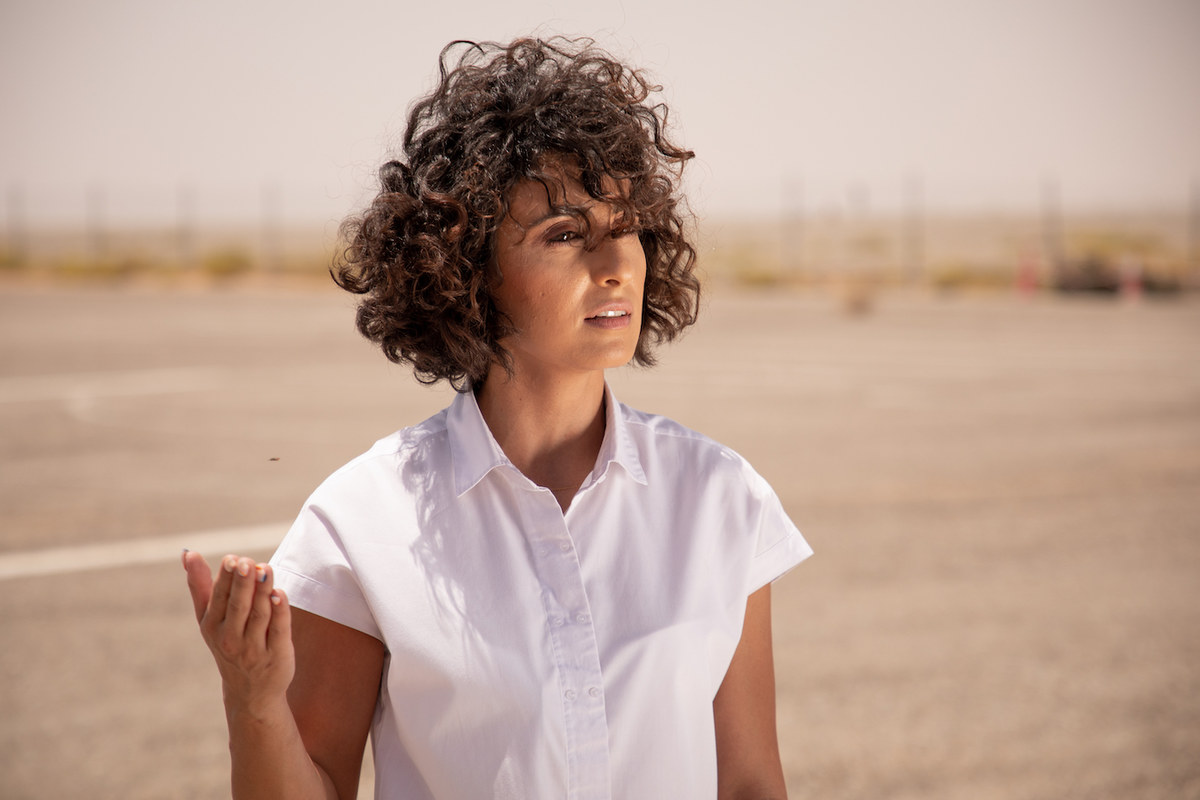
Bushra Nasr is a Syrian racecar driver. (Supplied)
For years, Nasr has been pursuing her love of cars and racing in her every spare moment, spending weekends steadily building her profile on the track, winning competitions and earning respect of the region’s drivers one by one — even the men who never imagined a young woman would be able to surpass them.
But her dreams were not just about winning races. They went much further. Nasr harbored the secret hope that fate might one day allow her to become the next Jeremy Clarkson, the erstwhile host of the famed show “Top Gear,” someday.
With “The Fastest,” she and her fellow contestants may finally have a way to achieve their goals, and the worlds of possibility that the show’s potential success could open to them are now on each of their minds. Nasr is not focused solely on herself, however. Her focus is on all the young women that she hopes can be inspired by her success in the show, as well as her fellow female contestants.
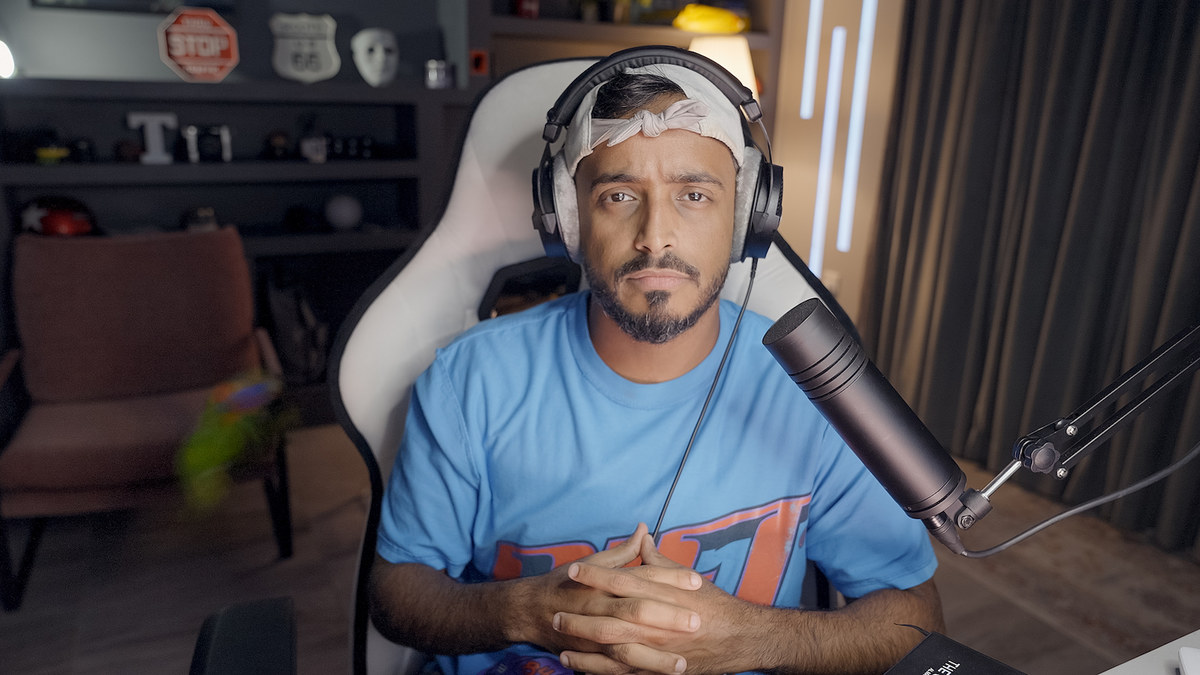
The contestants say they have forged real friendships with each other since the competition concluded. (Supplied)
“The whole experience was amazing for us as women, and it will show the world how many women feel passionate about this sport and hopefully help others feel motivated too. I hope the whole thing can act as an inspiration for young women to be more and more involved in racing,” says Nasr.
While competition was fierce throughout the first season of “The Fastest,” Nasr’s success in the series was a joy to watch for her competitors, including seasoned Saudi driver Abzulaziz Al-Ya’eesh — a fellow finalist.
“The most memorable part of this show, to be honest, was seeing Bushra (succeed) with her unique and challenging spirit. The show proved that racing not only depends on the car, it depends on the driver’s skills and expertise. By having such varied men and women competing on a level playing field shows how much the sport is expanding in very different circles. (We are) people who came from across the Middle East to share our passion for cars,” says Al- Ya’eesh.
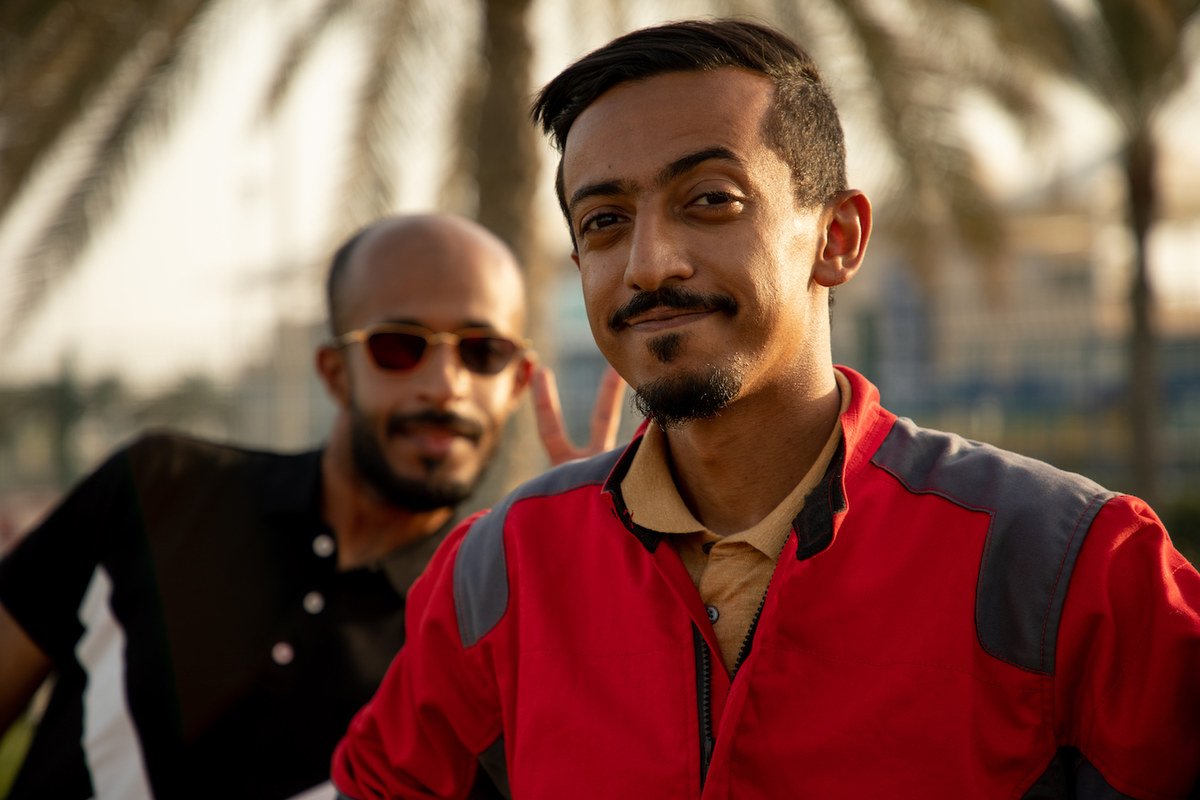
For Saudi contestant Abzulaziz Fudhili, what excited him most when he found out “The Fastest” would be available in 190 countries on the world’s biggest streaming platform was that it could show the world the true passion for racing in the region. (Supplied)
While the Middle East’s reputation as a global hub for car culture grows by the year, it is more than just a home to some of the most impressive collections of supercars past and present. There are enthusiasts from all backgrounds, who have all come to the track from a very different, and often bumpy, path.
For Saudi contestant Abzulaziz Fudhili, what excited him most when he found out “The Fastest” would be available in 190 countries on the world’s biggest streaming platform was that it could show the world the true passion for racing in the region. Fudhili is a prime example of that. He borrowed money from almost everyone he knew to buy his car, and his achievements on the track are allowing him to pay them back.
“I couldn't believe that we would be seen all over. Not only were we going to race, we could show the world that the Middle East motorsport scene is a force to be reckoned with,” Fudhili says. “The world knows we love cars like no one else, but they have never seen the heart we bring behind the wheel.”
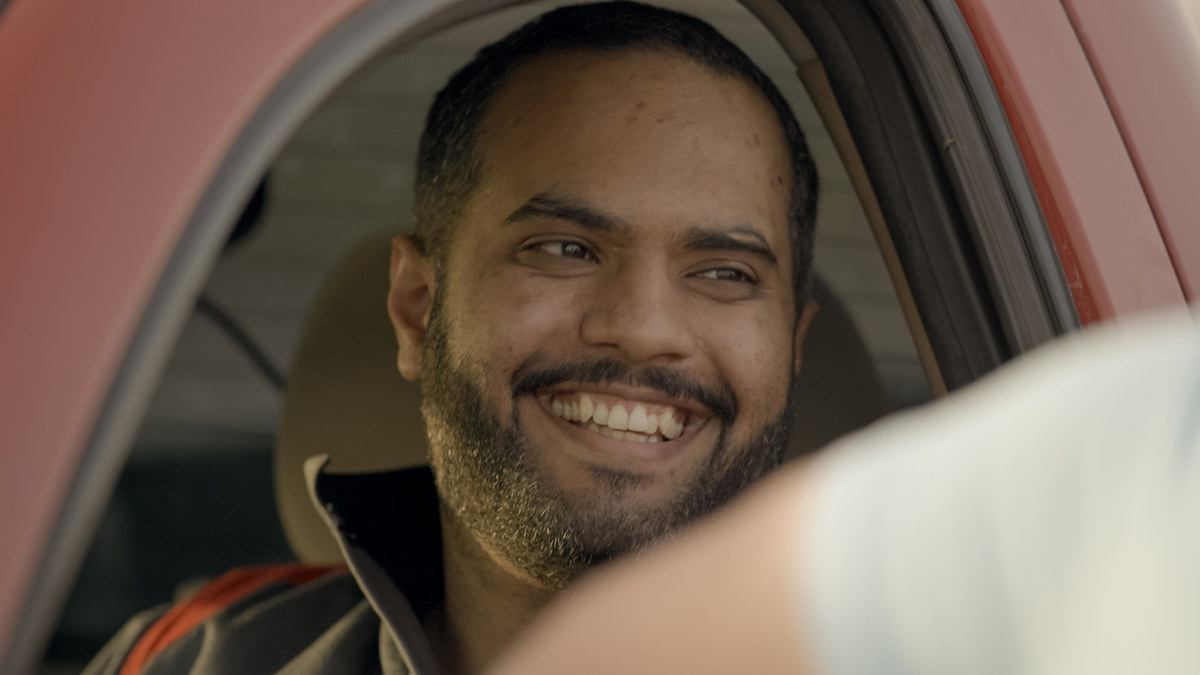
Nasr’s success in the series was a joy to watch for her competitors, including seasoned Saudi driver Abzulaziz Al-Ya’eesh — a fellow finalist. (Supplied)
“The Fastest” is no amateur competition though. It involved some of the best racers in the region, such as second-generation Kuwaiti racer Ali Makhseed, who only agreed to join the show once he was certain the competition would equal anything he’s found in the region’s premiere races.
“I had second thoughts about joining the show,” says Makhseed. “I’m a professional driver, and I thought it was going to be just a bunch of enthusiasts and fans, not people who really knew street racing. But when I saw some racers I had known for years on that track, I was relieved, and the competition they brought struck a fire in me.”
The show’s six-episode first season is hosted by Saudi YouTube star Tareq Al-Harbi, (aka 6ar8o), whose comedic stylings have gained him more than one million subscribers and almost 10 million Instagram followers.
For Al-Harbi, even though he did not race, hosting the show was a life-long aspiration fulfilled. He could finally be a part of a show that he felt was as good as anything any other country had made, and that never felt like an imitation — a show that was truly the region’s own.
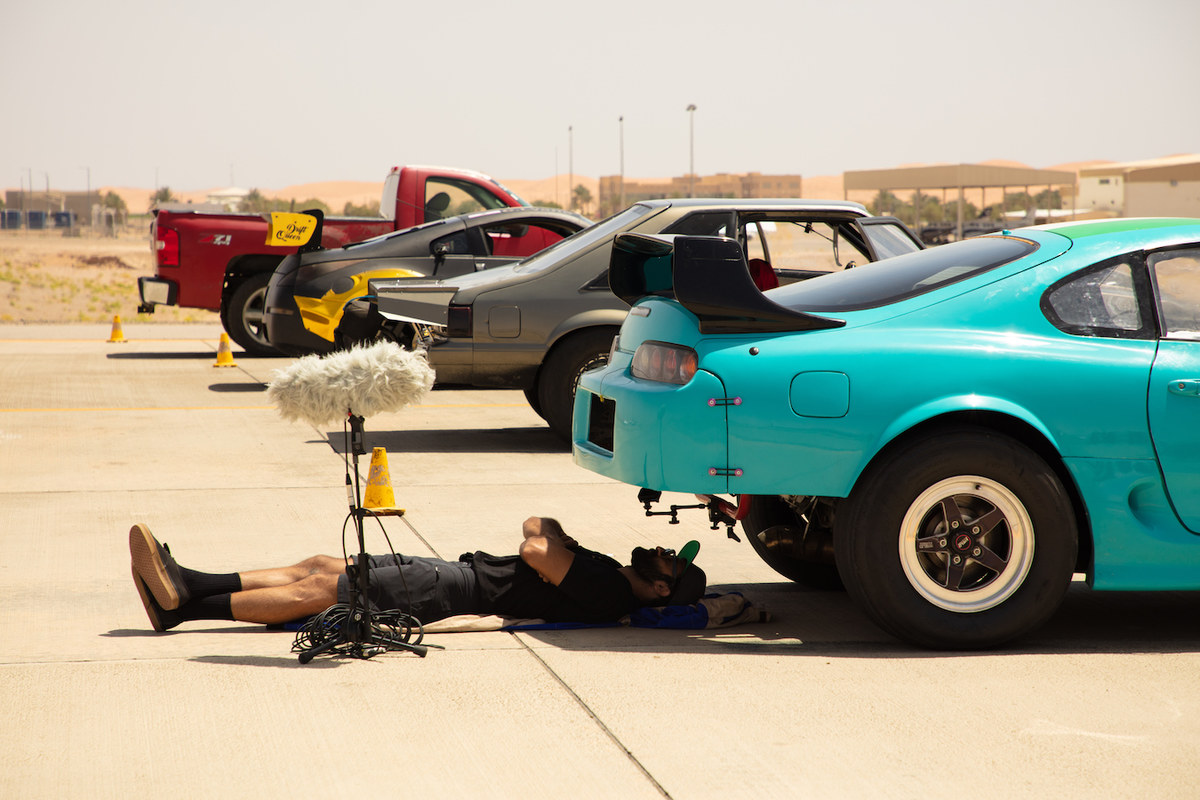
Kuwaiti racer Ali Makhseed only agreed to join the show once he was certain the competition would equal anything he’s found in the region’s premiere races. (Supplied)
“Having an Arabic-language show that is so well made and suspenseful is a fantasy for Arab viewers,” Al-Harbi says. “You won’t be able to predict the winner until the last minute. I think people aren’t going to be able to stop watching this show, and that makes me incredibly proud.”
Despite his enormous success, Al-Harbi considers “The Fastest” perhaps his greatest personal achievement.
“It has been an incredible journey for me,” he says. “I still remember how hard it was when I started off. I am thrilled to reach this level. I also think of it as a big responsibility for me.”
The contestants say they have forged real friendships with each other since the competition concluded — trading racing tips, helping each other with their cars, and reliving some of their favorite moments on the track against each other and the lessons they learned about themselves.
“The experience overall was an education to me, and I’d be happy to be part of this again,” says Al-Ya’eesh. “I will make sure to be prepared with my car and learn more about each driver, so that no one can beat me next time.”












